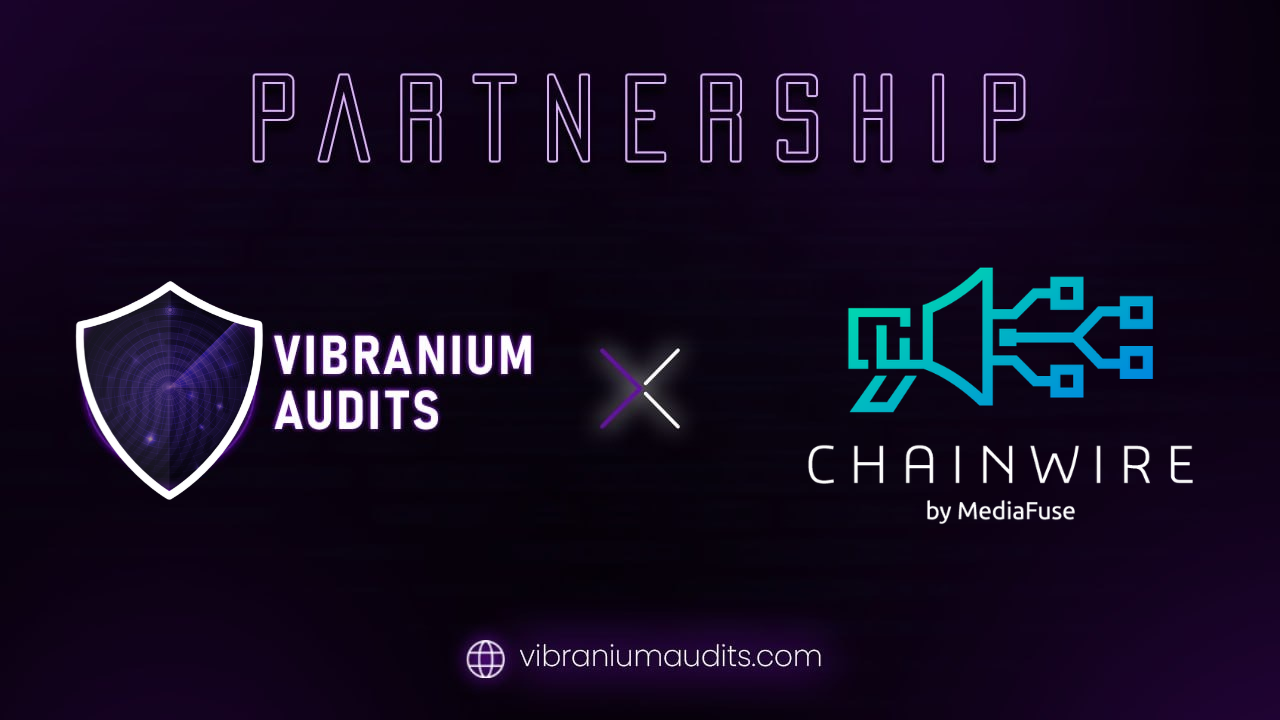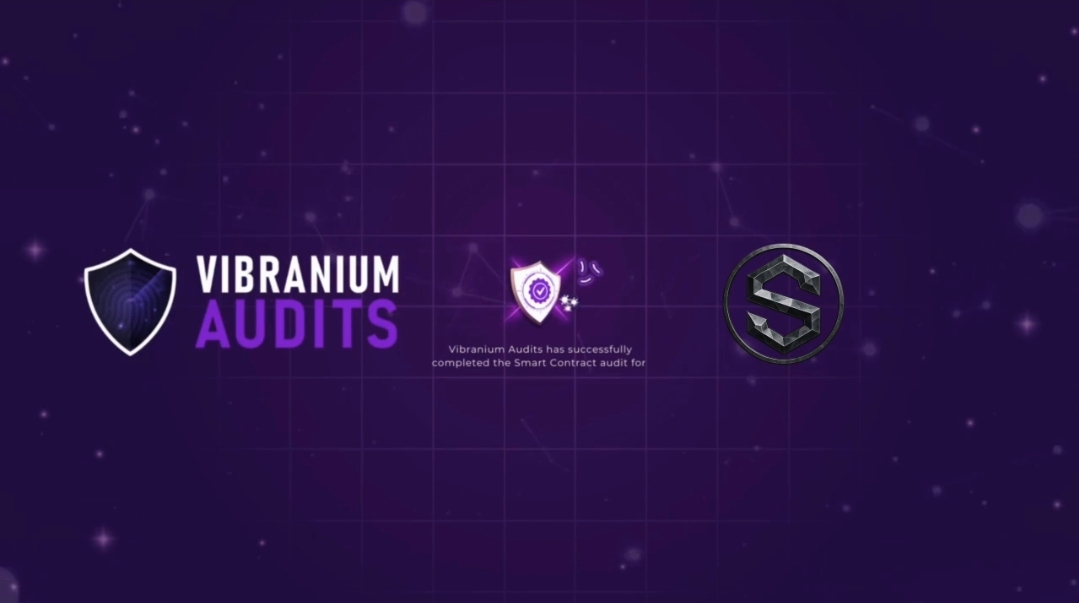Introduction
The blockchain industry has long been heralded for its security and transparency, but recent trends suggest a worrying decline in the frequency and thoroughness of smart contract audits. As the backbone of decentralized applications (DApps) and financial transactions, smart contracts play a critical role in ensuring trust and reliability in blockchain ecosystems. However, fewer projects are undergoing rigorous security assessments, leading to an increase in vulnerabilities, exploits, and financial losses.
Why Is There A Decline?
One of the primary reasons for the decline in smart contract audits is the rapid saturation of the blockchain market. As more projects enter the space, the demand for audits has skyrocketed, overwhelming security firms and independent auditors. This increased demand has led to longer wait times and higher costs, making it difficult for smaller projects with limited budgets to afford comprehensive security reviews.
Additionally, the rise of automated auditing tools has contributed to a shift in how projects approach security. While these tools offer efficiency and cost-effectiveness, they are not infallible. Automated audits often lack the depth and contextual understanding that human auditors bring to the table. Complex vulnerabilities that require nuanced analysis may go undetected, leading to a false sense of security.
Regulatory uncertainty also plays a crucial role in the decline of smart contract audits. As governments and financial institutions attempt to regulate the blockchain space, projects are often left in limbo, unsure of how compliance requirements will evolve. Some teams may choose to postpone audits to avoid highlighting potential regulatory concerns, while others may deprioritize security assessments in favor of meeting compliance deadlines.
Worst-Case Scenario
The consequences of this decline are far-reaching. The most immediate risk is an increase in security breaches and financial losses. Exploitable vulnerabilities in unaudited smart contracts can lead to large-scale hacks, eroding trust in blockchain technology and discouraging user adoption.
Moreover, as high-profile breaches become more frequent, regulatory bodies may impose stricter measures that could stifle innovation and increase operational burdens for blockchain projects.
Way Forward
Addressing this issue requires a multi-faceted approach. First, the industry must promote standardized audit practices to ensure consistency and reliability across security assessments. Establishing clear guidelines can help projects understand the importance of audits and integrate them as a fundamental part of their development process. Additionally, incentivizing audits through grants, exchange listing requirements, or insurance benefits can encourage projects to prioritize security.
Finally, striking a balance between automated tools and human expertise is crucial. While automation can streamline processes, human auditors remain indispensable for detecting sophisticated vulnerabilities that machines might overlook.
Conclusion
In conclusion, the decline of smart contract audits poses a significant threat to blockchain security. Market saturation, reliance on automation, and regulatory uncertainty have all contributed to this downturn, leading to increased vulnerabilities and potential financial losses.
FAQs
1. Why are smart contract audits important?
Smart contract audits are crucial for identifying and mitigating vulnerabilities, ensuring the security and reliability of blockchain applications.
2. How do automated auditing tools impact the audit process?
Automated tools can enhance efficiency but may lack the depth of human auditors, potentially missing complex vulnerabilities.
3. What can projects do to ensure their smart contracts are secure amid the decline in audits?
Projects should prioritize comprehensive security assessments, combining automated tools with expert human reviews, and adhere to industry best practices to maintain robust security standards.










